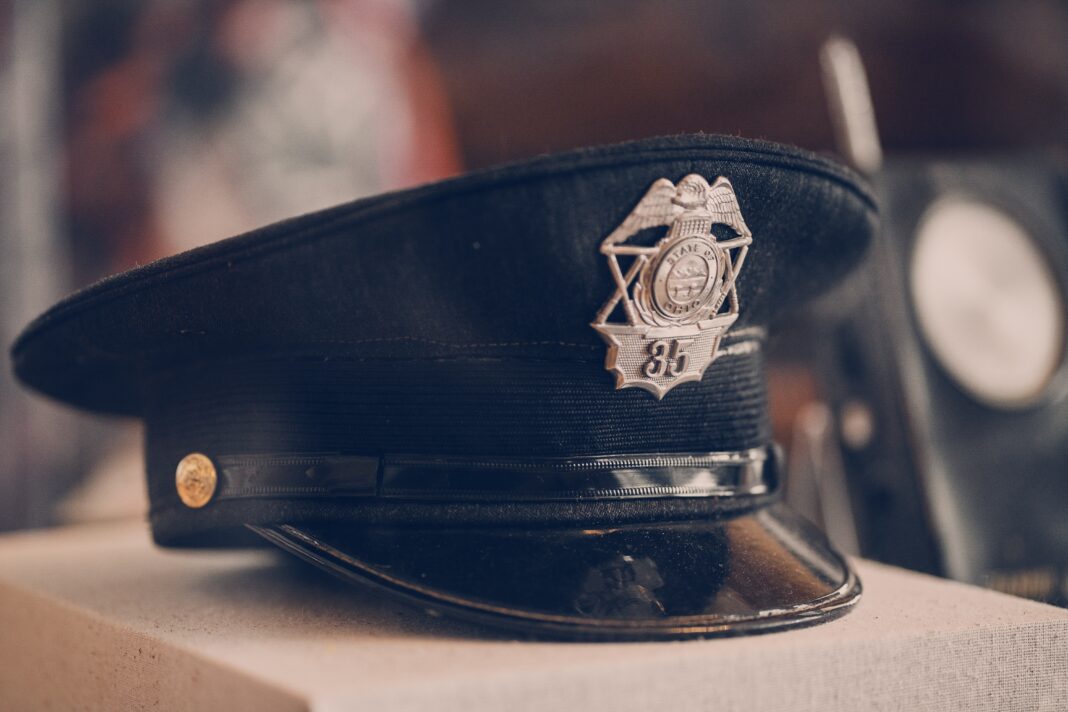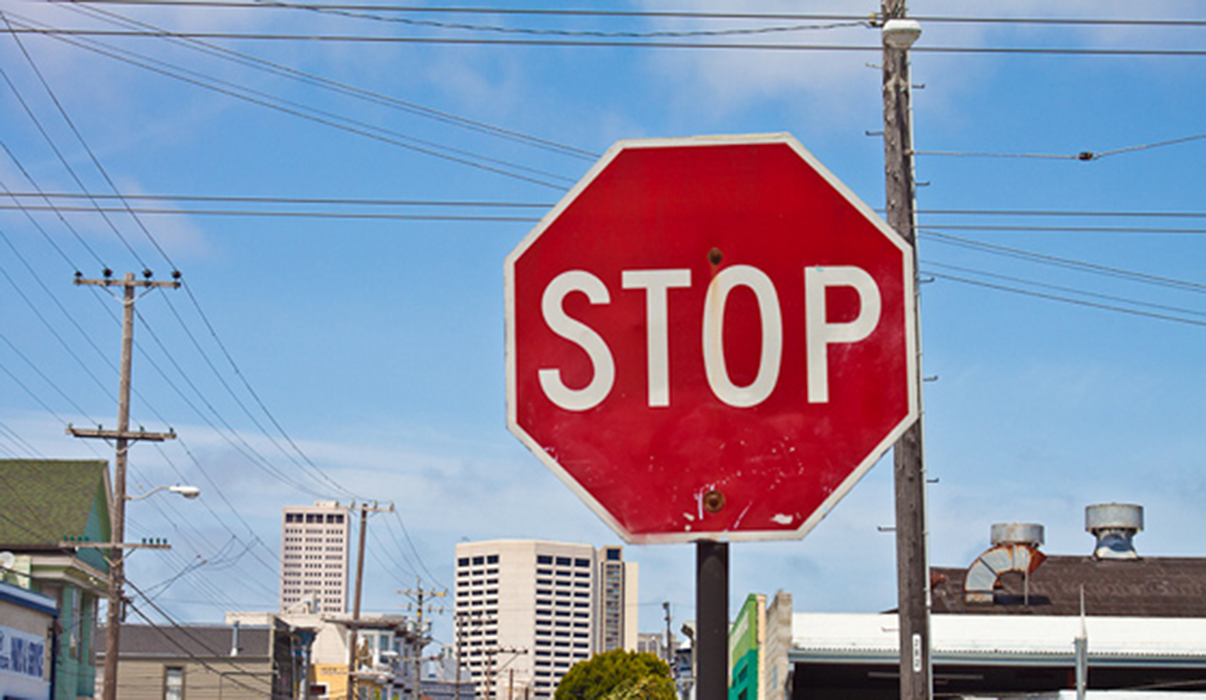SAN FRANCISCO—Officer Nicholas M. Buckley, who was accused of perjury and later put on desk duty, has since been put back on patrol with the San Francisco Police Department as of Thursday, February 25.
In December 2015 Buckley testified that a man named Brandon Simpson had his hands concealed as he walked away from an illegal dice game, which lead to Simpson’s arrest for allegedly being a felon in possession of a firearm.
Surveillance footage was later produced in court that Buckley’s testimony was false. The video shows that Simpson had his hands exposed and was even holding a water bottle. District Judge Charles Breyer dismissed the gun charge against Simpson.
The perjury case against Buckley was sent to the U.S. Attorney’s Office for the Eastern District of California, but they later closed the case without filing charges. Then in March of 2020, the SFPD transferred Buckley from his non-public contact position to Taraval Station, which the department confirmed Wednesday.
He was later transferred to Bayview Station where he was on patrol making arrests, collecting evidence and taking incident reports since October 2020.
In November 2014 Buckley told investigators with the Department of Police Accountability that he made sure a suspect’s handcuffs weren’t too tight. He also denied hearing the man complain about the handcuffs hurting.
The DPA had suspicions about the truthfulness of Buckley’s claims, and sustained unnecessary force allegations against him in December 2015 for over-tightening the handcuffs.
Investigator J. Wechter says, “There are significant inconsistencies between Officer Buckley’s statements about the handcuffs and whether the suspect complained about them and other, reliable evidence. These inconsistencies raise questions about Officer Buckley’s credibility.”
In June 2020, District Attorney Chesa Boudin enacted a new policy to address the issue of false testimony from police officers by prohibiting his office from filing charges in any case that relies solely on the account of an officer with a known history of dishonesty or other types of misconduct.
Buckley’s testimony in the Simpson case does not appear to have resulted in an investigation by the Department of Police Accountability.
Under California law, agencies like the DPA and SFPD have only one year to seek discipline against an officer from the time alleged misconduct is discovered. That clock is stopped if there is an ongoing criminal investigation or prosecution. Court records from a separate civil lawsuit Simpson filed against the City and County of San Francisco show the limitations period didn’t run for the SFPD pending the outcome of the FBI investigation.
An attorney for the DPA wrote in response to the complaint that the period ended by the time the DPA received a complaint from the Public Defender’s Office about the matter in 2019.




